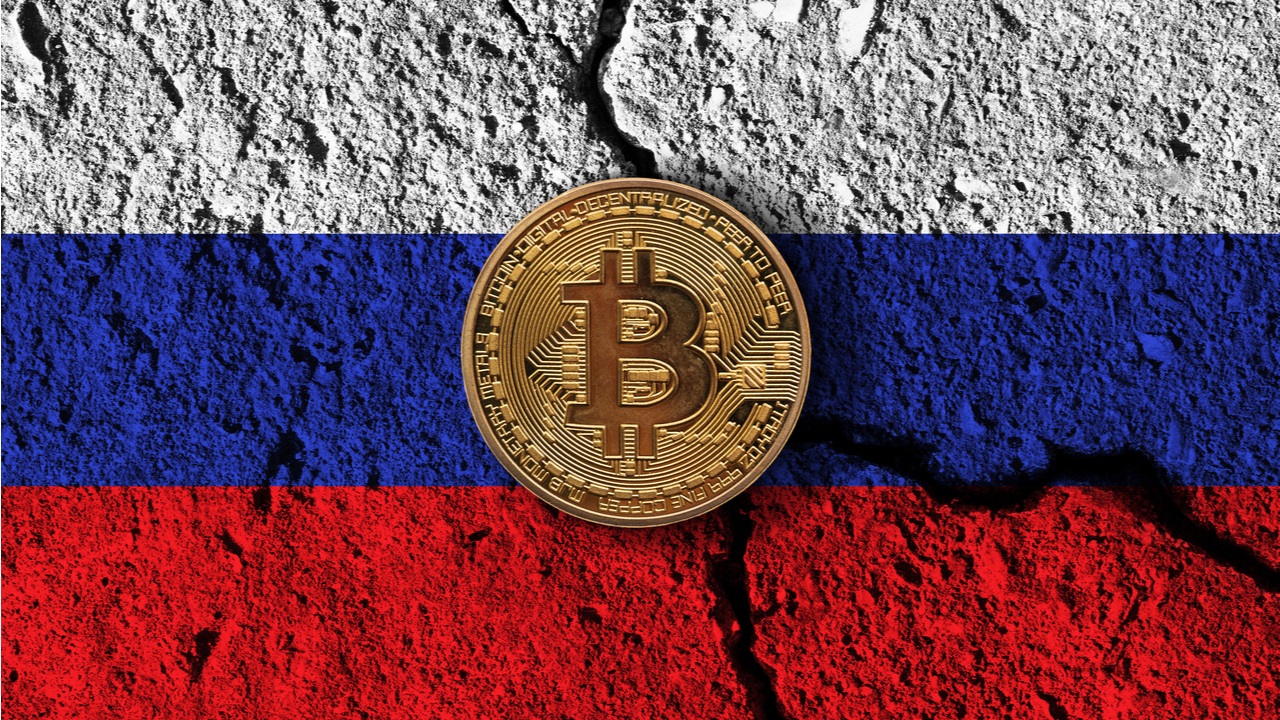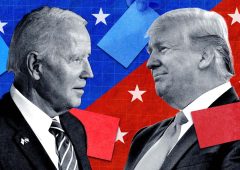BRICS: Russia Issues Crypto Mining Warning
18.07.2024 8:00 1 min. read Alexander Stefanov
BRICS and Russia in particular has raised concerns about the impact of cryptocurrency mining on power infrastructure, emphasizing the need for stricter regulations.
Russian President Vladimir Putin warned that unregulated crypto mining could lead to power shortages and blackouts. He stressed that the surge in electricity consumption from mining activities is putting a strain on Russia’s power grids.
Putin noted that crypto mining currently consumes about 16 billion kilowatt-hours per year in Russia, accounting for roughly 1.5% of the nation’s total electricity usage. This consumption is expected to increase without regulatory measures.
Despite Russia’s strict cryptocurrency laws, which permit digital assets but ban their use for payments, mining remains widespread due to low electricity costs and accessible equipment. Russia ranks second globally in crypto mining, following the United States.
Authorities are concerned that mining operations could disrupt power supplies to new businesses and residential areas, potentially stalling investment and infrastructure projects. Putin has called for tax and tariff regulations on miners and urged the creation of a federal law to address these challenges.
BRICS is exploring the integration of cryptocurrencies and digital assets into their financial systems, viewing them as potential tools for developing a new currency to reduce dependence on the US Dollar. However, they also aim to regulate the use and mining of crypto to prevent the power disruptions that Russia foresees.
-
1
UK Regulators Unveil PISCES – A New Era for Private Share Trading
11.06.2025 15:00 2 min. read -
2
Trump Turns 79 With Billions in Crypto and a $45M Parade
14.06.2025 22:00 2 min. read -
3
Polygon Breaks from Decentralization as Sandeep Nailwal Assumes Full Control
11.06.2025 20:00 2 min. read -
4
KuCoin Plants Its Flag in Bangkok With a Licensed Thai Exchange
14.06.2025 13:00 1 min. read -
5
Nvidia CEO Urges UK to Invest in AI Infrastructure or Risk Falling Behind
10.06.2025 9:00 1 min. read
Vitalik Buterin Warns Digital ID Projects Could End Pseudonymity
Ethereum co-founder Vitalik Buterin has voiced concerns over the rise of zero-knowledge (ZK) digital identity projects, specifically warning that systems like World — formerly Worldcoin and backed by OpenAI’s Sam Altman — could undermine pseudonymity in the digital world.
What Are the Key Trends in European Consumer Payments for 2024?
A new report by the European Central Bank (ECB) reveals that digital payment methods continue to gain ground across the euro area, though cash remains a vital part of the consumer payment landscape — particularly for small-value transactions and person-to-person (P2P) payments.
History Shows War Panic Selling Hurts Crypto Traders
Geopolitical conflict rattles markets, but history shows panic selling crypto in response is usually the wrong move.
At Least Five Law Firms Target Former Strategy Over Misleading BTC Risk Disclosures
Bitcoin-focused investment firm Strategy Inc. (formerly MicroStrategy) is facing mounting legal pressure as at least five law firms have filed class-action lawsuits over the company’s $6 billion in unrealized Bitcoin losses.
-
1
UK Regulators Unveil PISCES – A New Era for Private Share Trading
11.06.2025 15:00 2 min. read -
2
Trump Turns 79 With Billions in Crypto and a $45M Parade
14.06.2025 22:00 2 min. read -
3
Polygon Breaks from Decentralization as Sandeep Nailwal Assumes Full Control
11.06.2025 20:00 2 min. read -
4
KuCoin Plants Its Flag in Bangkok With a Licensed Thai Exchange
14.06.2025 13:00 1 min. read -
5
Nvidia CEO Urges UK to Invest in AI Infrastructure or Risk Falling Behind
10.06.2025 9:00 1 min. read


